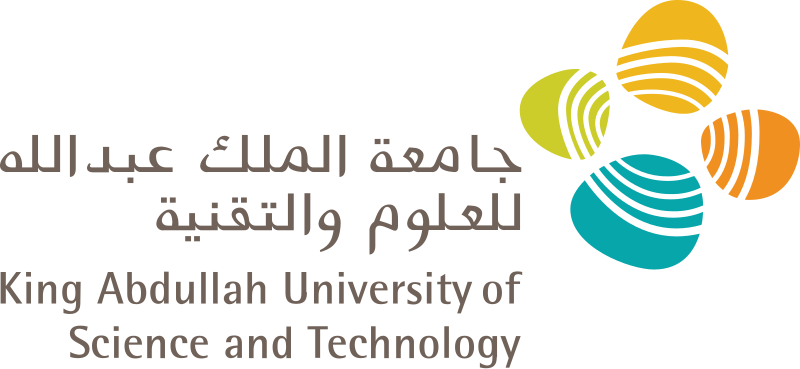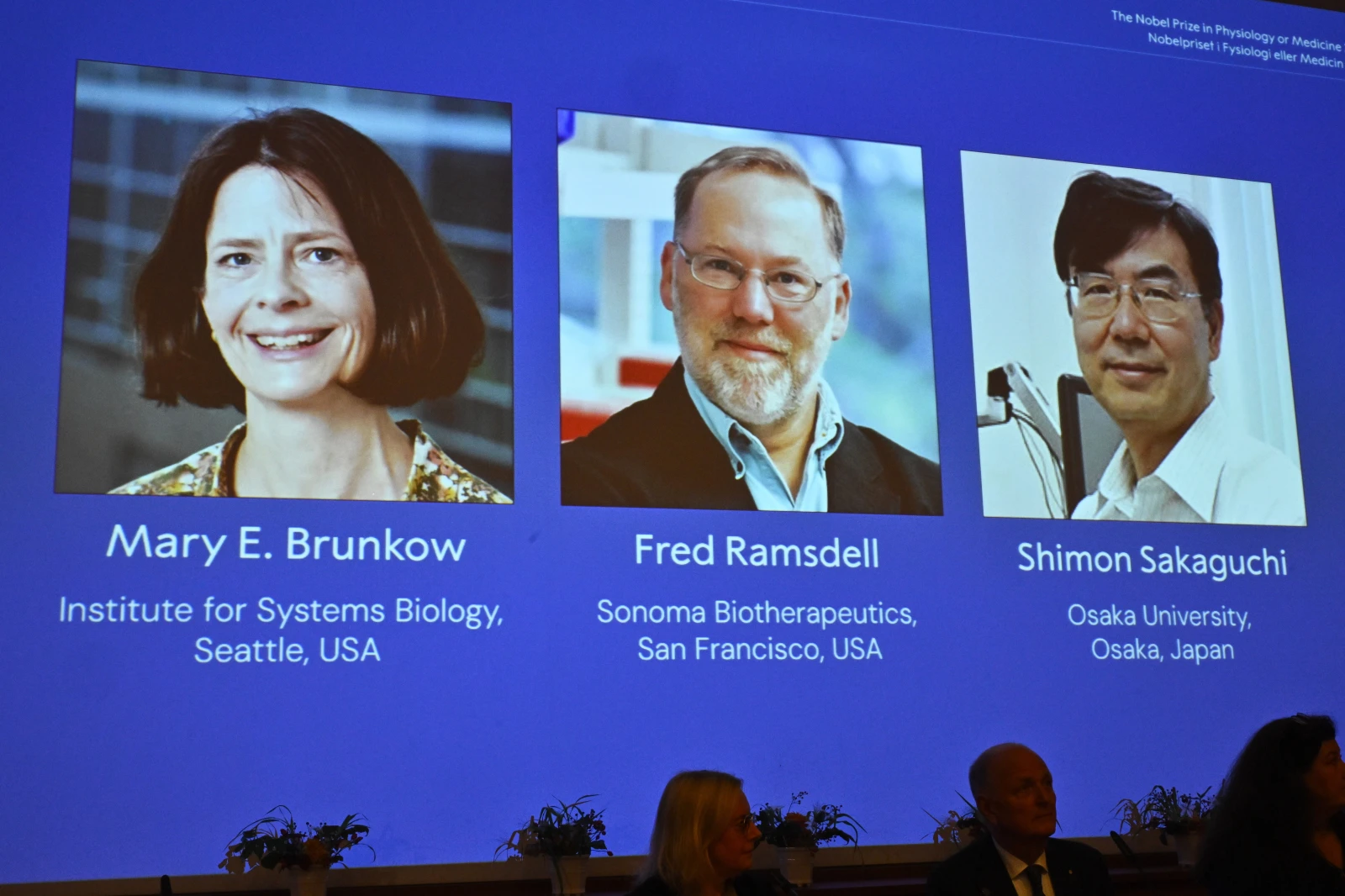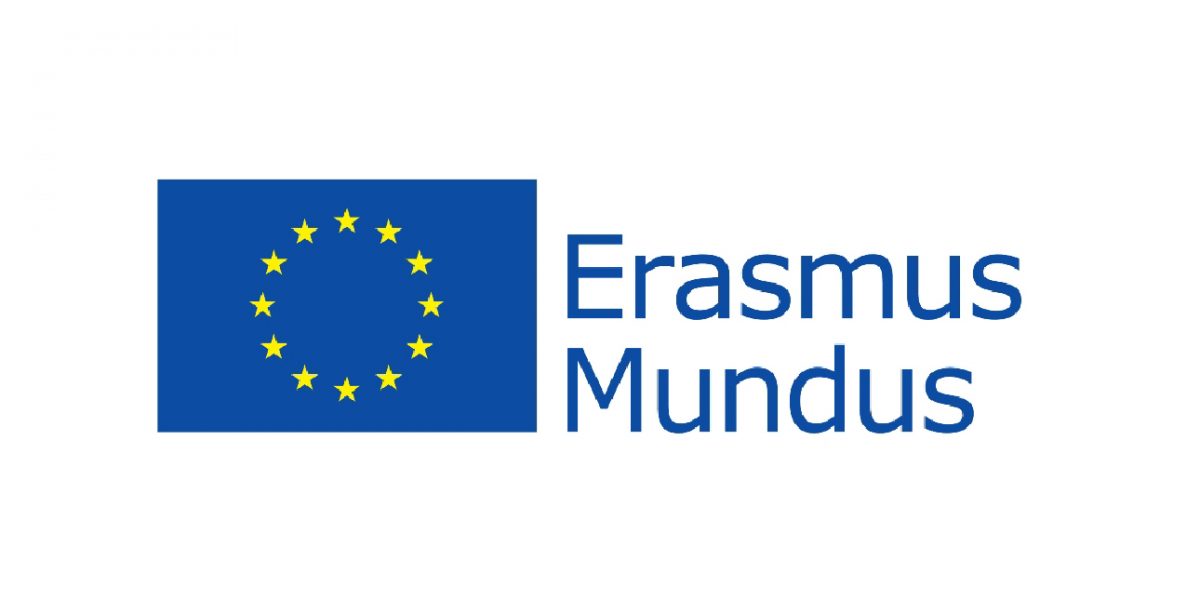
Applying to KAUST - Your Complete Guide for Masters & Ph.D. Programs (Upcoming Admissions)
Admissions Overview & Key Requirements

Three scientists have been awarded the 2025 Nobel Prize in Physiology or Medicine for discovering how the body’s immune system prevents itself from attacking its own tissues.
The prize went to Mary E. Brunkow, Fred Ramsdell, and Dr. Shimon Sakaguchi for their pioneering work on peripheral immune tolerance, a system that keeps immune cells in check once they leave the thymus. Their discoveries revealed the crucial role of a specialized class of white blood cells called regulatory T cells, or Tregs, in maintaining immune balance.
“Their discoveries have been decisive for our understanding of how the immune system functions and why we do not all develop serious autoimmune diseases,” said Olle Kämpe, chair of the Nobel Committee at the Karolinska Institute in Stockholm.
In 1995, Sakaguchi identified regulatory T cells as a distinct subset capable of suppressing overactive immune responses. Years later, in 2001, Brunkow and Ramsdell discovered that mutations in a gene called FOXP3 disrupted these cells’ function, leading to severe autoimmune disease in mice — a finding later confirmed in humans. By 2003, Sakaguchi linked these two discoveries, showing that FOXP3 acts as a master switch that allows Tregs to develop and control other T cells.
Brunkow, 64, is a senior program manager at the Institute for Systems Biology in Seattle; Ramsdell, 64, is a scientific adviser at Sonoma Biotherapeutics in San Francisco; and Sakaguchi, 74, is a professor at Osaka University’s Immunology Frontier Research Center.
What makes this year’s Nobel Prize especially notable is how international openness and shared science fueled the discovery. Sakaguchi’s work in Japan was independent — he had no direct contact with the American team — yet he recognized the significance of their published findings on FOXP3 and built on them to connect the dots.
The trio’s work has transformed understanding of conditions such as Type 1 diabetes, rheumatoid arthritis, and lupus, and is now guiding research into new immune-based therapies. Scientists are exploring ways to expand or engineer Tregs to treat autoimmune disease, improve organ transplant tolerance, and even fine-tune immune responses in cancer treatment.
The award, worth 11 million Swedish kronor (about $1.2 million), will be presented in Stockholm on December 10, the anniversary of Alfred Nobel’s death. It marks the first of this year’s Nobel announcements, with prizes in physics, chemistry, literature, peace, and economics to follow.
Share

Applying to KAUST - Your Complete Guide for Masters & Ph.D. Programs (Upcoming Admissions)
Admissions Overview & Key Requirements

Registration Opens for SAF 2025: International STEAM Azerbaijan Festival Welcomes Global Youth
The International STEAM Azerbaijan Festival (SAF) has officially opened registration for its 2025 edition!

An mRNA cancer vaccine may offer long-term protection
A small clinical trial suggests the treatment could help keep pancreatic cancer from returning

Young Leaders Union Conference 2025 in Paris (Fully Funded)
Join Global Changemakers in Paris! Fully Funded International Conference for Students, Professionals, and Social Leaders from All Nationalities and Fields

Yer yürəsinin daxili nüvəsində struktur dəyişiklikləri aşkar edilib
bu nəzəriyyənin doğru olmadığı məlum olub. Seismik dalğalar vasitəsilə aparılan tədqiqatda daxili nüvənin səthindəki dəyişikliklərə dair qeyri-adi məlumatlar əldə edilib.

Erasmus Mundus Joint Master's 2026 (Upcoming Admissions)
Erasmus Mundus programs are scholarships available to students worldwide, offering fully-funded Master’s degrees to study in Europe!